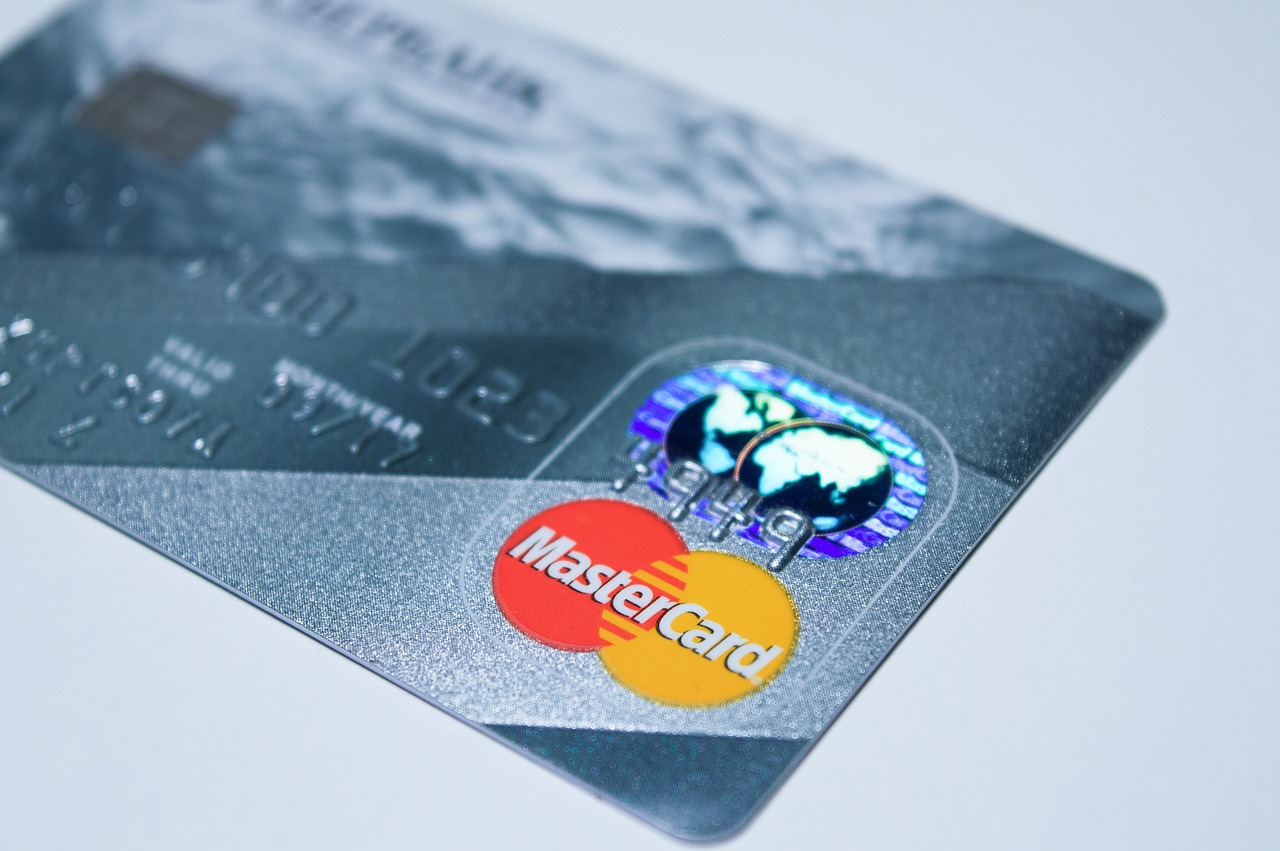When used carefully, credit cards may be an effective tool for managing your finances. However, if not properly understood and controlled, they can lead to debt and financial stress. In this post, we will look at practical ways for utilizing credit cards responsibly to improve your overall financial health. By following these guidelines, you may make the most of your credit cards while avoiding frequent mistakes.

Understand Credit Card Terms and Conditions:
It is critical to thoroughly study the terms and restrictions before applying for a credit card. Read the fine print, which includes interest rates, annual fees, and any applicable penalties. Knowing the specifics can allow you to make more educated judgments and avoid unexpected fees. Seek out credit cards with advantageous terms, such as low-interest rates and no annual fees.
Create a Budget:
To use credit cards safely, first, create a detailed budget. Determine your monthly income and budget for necessary expenses, savings, and debt payments. When using your credit card, only charge what you can afford to pay back in full each month. Avoid using credit cards to finance items that are beyond your means, as this might lead to debt accumulation.
Pay Your Bills on Time:
Paying your bills on time is one of the most important parts of proper credit card use. Late penalties, penalty interest rates, and credit score loss can all occur from missed payments. To avoid late payments, set up automated payments or reminders. When possible, pay more than the minimum amount required in order to pay off your bill faster and save on interest rates.
Keep Your Credit Utilization Low:
Credit utilization is the percentage of available credit that you are currently utilizing. Aim to keep your credit utilization below 30% to maintain a decent credit score and prevent debt. Higher credit utilization can harm your credit score and make it more difficult to obtain credit in the future.
Regularly Review Your Statements:
Make it a practice to properly study your credit card bills. This allows you to detect any faults, unauthorized charges, or fraudulent activities as soon as possible. Reporting such concerns as soon as possible will save you money and safeguard your credit. Furthermore, examining your statements allows you to track your spending habits, making it easier to spot areas where you might need to cut back or change your budget.
Avoid Cash Advances and High-Interest Transactions:
Cash advances, balance transfers, and certain types of transactions are frequently subject to increased interest rates from credit card providers. These transactions can quickly accrue high-interest costs and add to debt accumulation. Avoid using your credit card for cash advances whenever feasible, and be wary about transferring balances from other high-interest cards. Use your credit card only for routine purchases that you can afford to pay off in full each month.
Conclusion:
When used carefully, credit cards can be important financial instruments. You may improve your finances and develop a solid credit history by understanding the terms and conditions, creating a budget, paying bills on time, keeping credit utilization low, monitoring accounts on a regular basis, and avoiding high-interest transactions. Remember that responsible credit card use necessitates discipline and a commitment to living a financially healthy lifestyle. By applying these strategies, you can make credit cards work for you, reaping the rewards while avoiding common pitfalls and retaining financial control.

